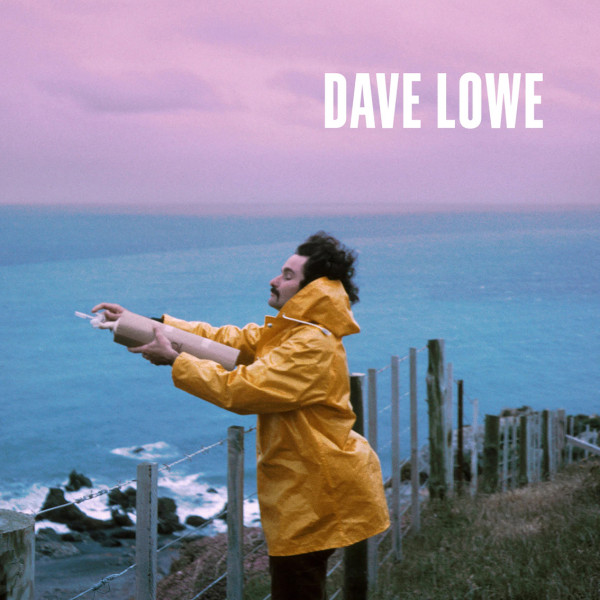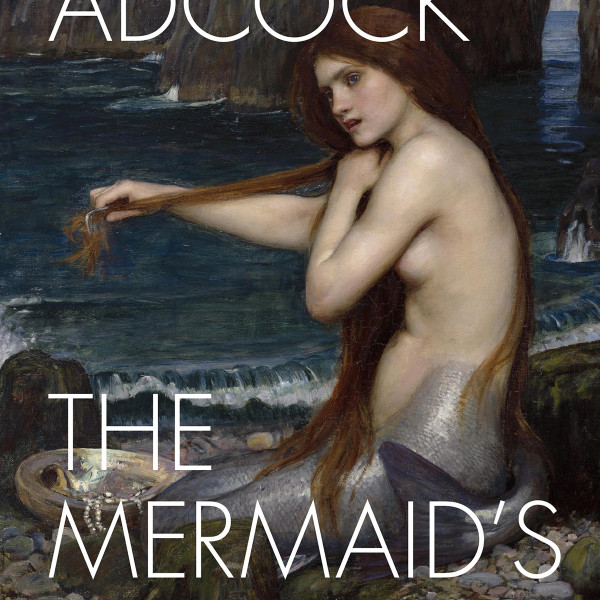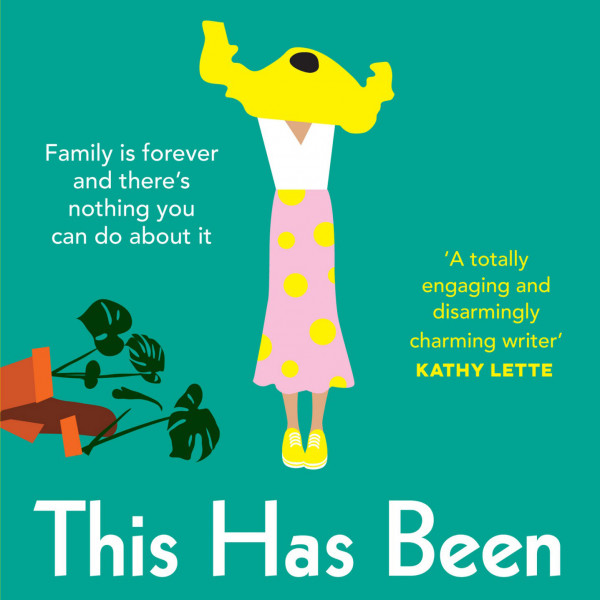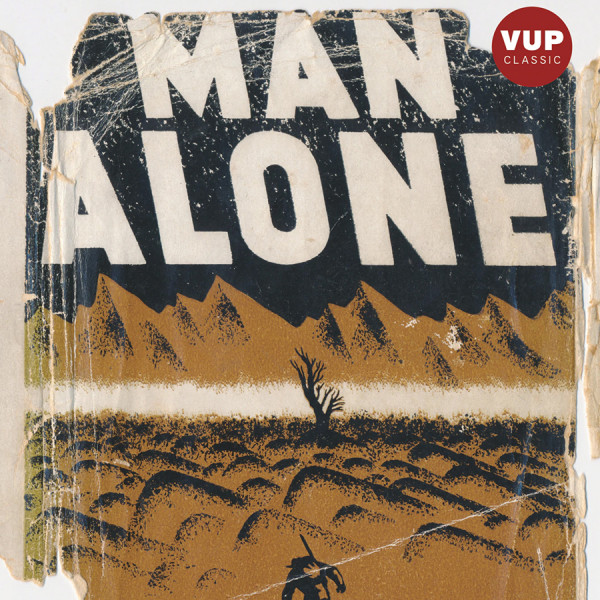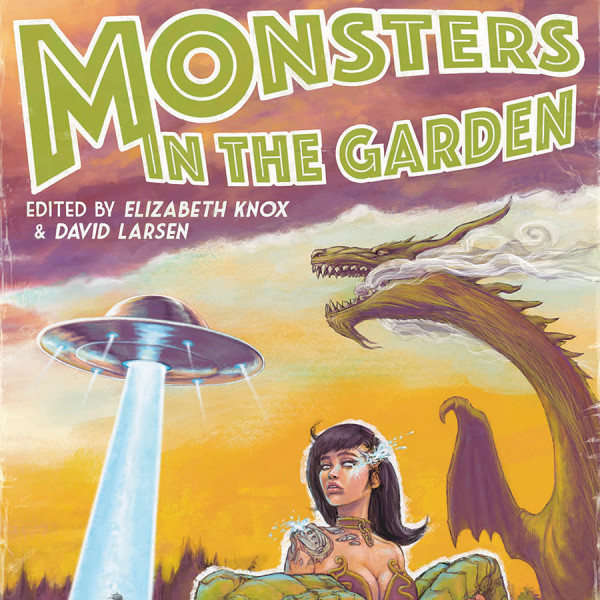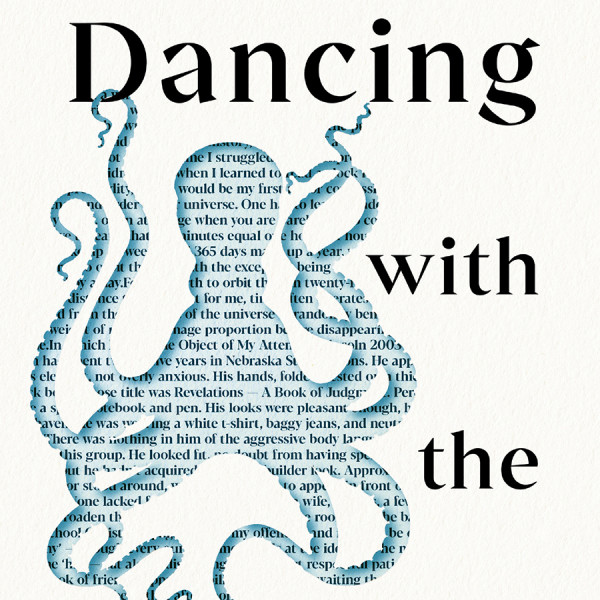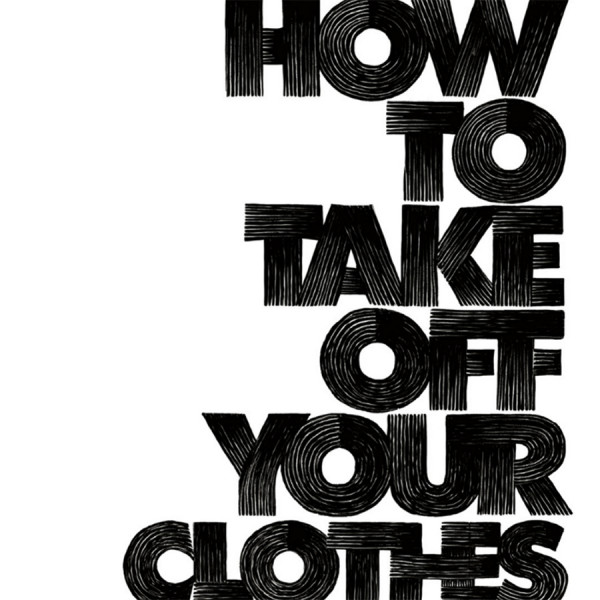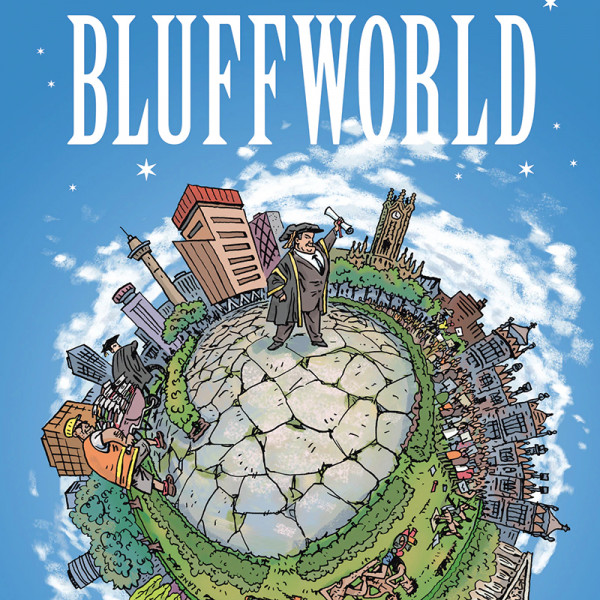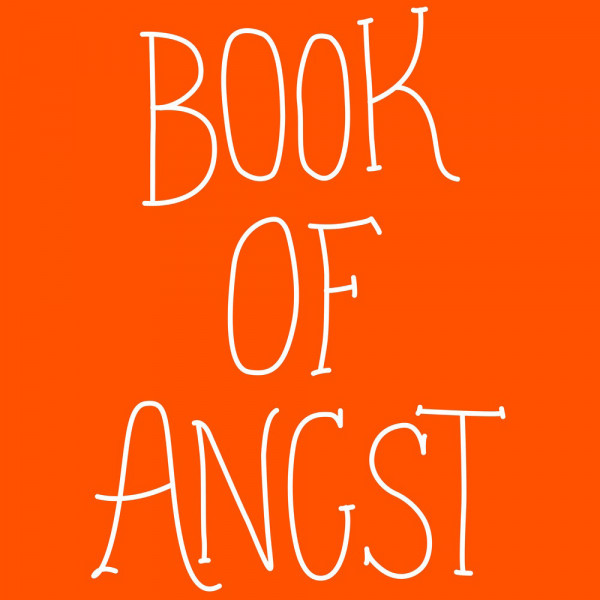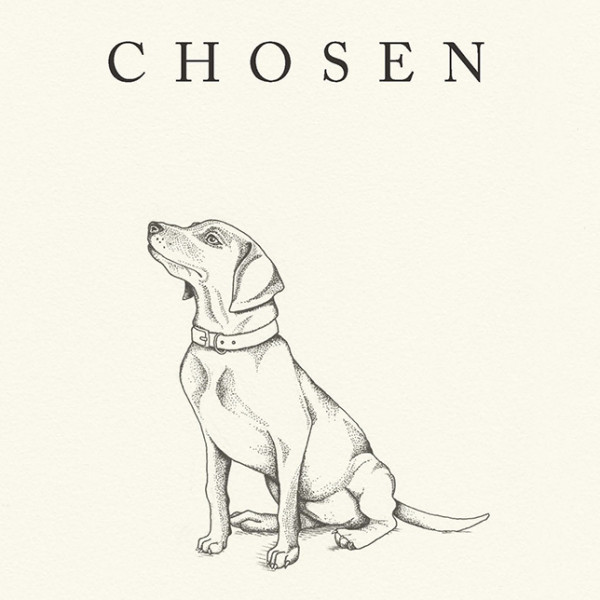
Chosen has been an amazing book to read and brings to light a poetic perspective of Geoff Cochrane’s life. Cochrane writes passionately, expressing the beauty in the ordinary everyday movement of things and coming to terms with ageing and the events leading up to it. In his poems, I felt his joy, sorrow, physical pain, and inner battles with himself.
Starting with his youth, he recollects fond memories of his childhood, the neighbourhood and street that he grew up in, and Wellington in its heyday.
As a young adult, Cochrane recalls his late nights out on the town, his personal habits, and people that have had an impact on his life, whether it be through films, their books, or personal encounters.
Cochrane battles with the realisation of ageing and the fact that his body is starting to let him down, while his mind is still youthful and eager to experience and create more memories.
Knowing that he needs some medical attention but procrastinating a trip to the doctors, he eventually caves and receives both bad and not-so-bad news. This sends him into emotional turmoil regarding his health and he finds it quite ironic that some changes must be made to preserve his mortality.
“Morning drenched grasses. Morning’s grasses, drenched.” Beauty best described through the eyes of Cochrane. His young self observes, appreciates, and absorbs the simplest of surroundings, the natural art on our planet.
While enjoying a cup of coffee at a café, a gentle “soulful pooch” chooses Cochrane out of a crowd to introduce himself to. “He wants to say hello”. Being the one that usually observes his surroundings, he was politely interrupted with a beautiful and uncomplicated meeting of two souls.
The reality of having to acknowledge the inevitable (his life versus death) reveals a battle between fear of death, and coming to terms with accepting the reality of what is to be.
Chosen has been a very easy, yet emotional read. I could relate to Cochrane’s poetry more often than not and reading his point of view was quite intriguing.



